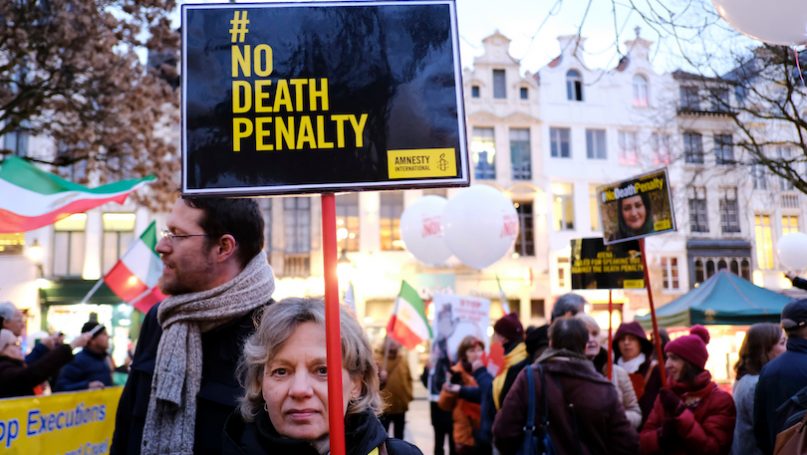
This feature is part of the online resources to accompany the textbook Foundations of International Relations.
International organisations in their wide array of forms have challenged the exclusivity of states in the global system. Among the non-state actors benefiting from this development are public-interest-orientated international non-governmental organisations, often known as civil society groups. The standard definition of civil society identifies it as the space outside government, family and market, a place in which individuals and collective organisations advance allegedly common interests. Civil society organisations can include community groups, non-governmental organisations, social movements, labour unions, indigenous groups, charitable organisations, faith-based organisations, media operators, academia, diaspora groups, lobby and consultancy groups, think tanks and research centres, professional associations, and foundations. Political parties and private companies can also be counted as borderline cases. The presence of civil society organisations has, therefore, become increasingly relevant within the global system, changing its nature due to their involvement across a range of areas.
Civil society is a term that emerged in the 1980s after large-scale movements within certain states were detected. These were broadly anti-government/corruption movements in authoritarian regimes, and they involved a diverse range of actors such as labour unions, charities, and community and religious groups. These groups are sometimes also referred to as the ‘third sector’ in society – with the government (public sector) and for-profit businesses/transnational corporations (private sector) comprising the other two sectors. As these groupings became ever more international in both their support base and also their areas of action and funding, the term ‘global civil society’ came into use to describe a component of the global system that had unique characteristics.
Text adapted from Marchetti, Raffaele, ‘Global Civil Society’. In, McGlinchey, Stephen. 2022. Foundations of International Relations. London: Bloomsbury.
Below is a collection of multimedia resources that help unpack, and explain the importance of global civil society and expands further on the examples given in Chapter nine of the textbook.
General overviews
The Future of China’s Civil Society – Podcast
Examining Civil Society Legitimacy – Series of articles
Why Do Advocacy Groups and Actors Build Transnational Networks? – Article
Sardar Sarovar Dam activism on the Narmada
The death penalty
The Death Penalty Worldwide – website
Death Penalty Information Center – Website
Amnesty International Death Penalty Campaign – Website